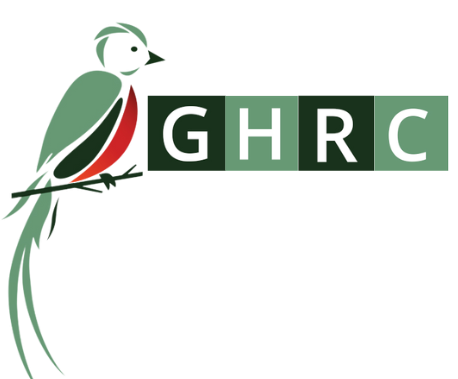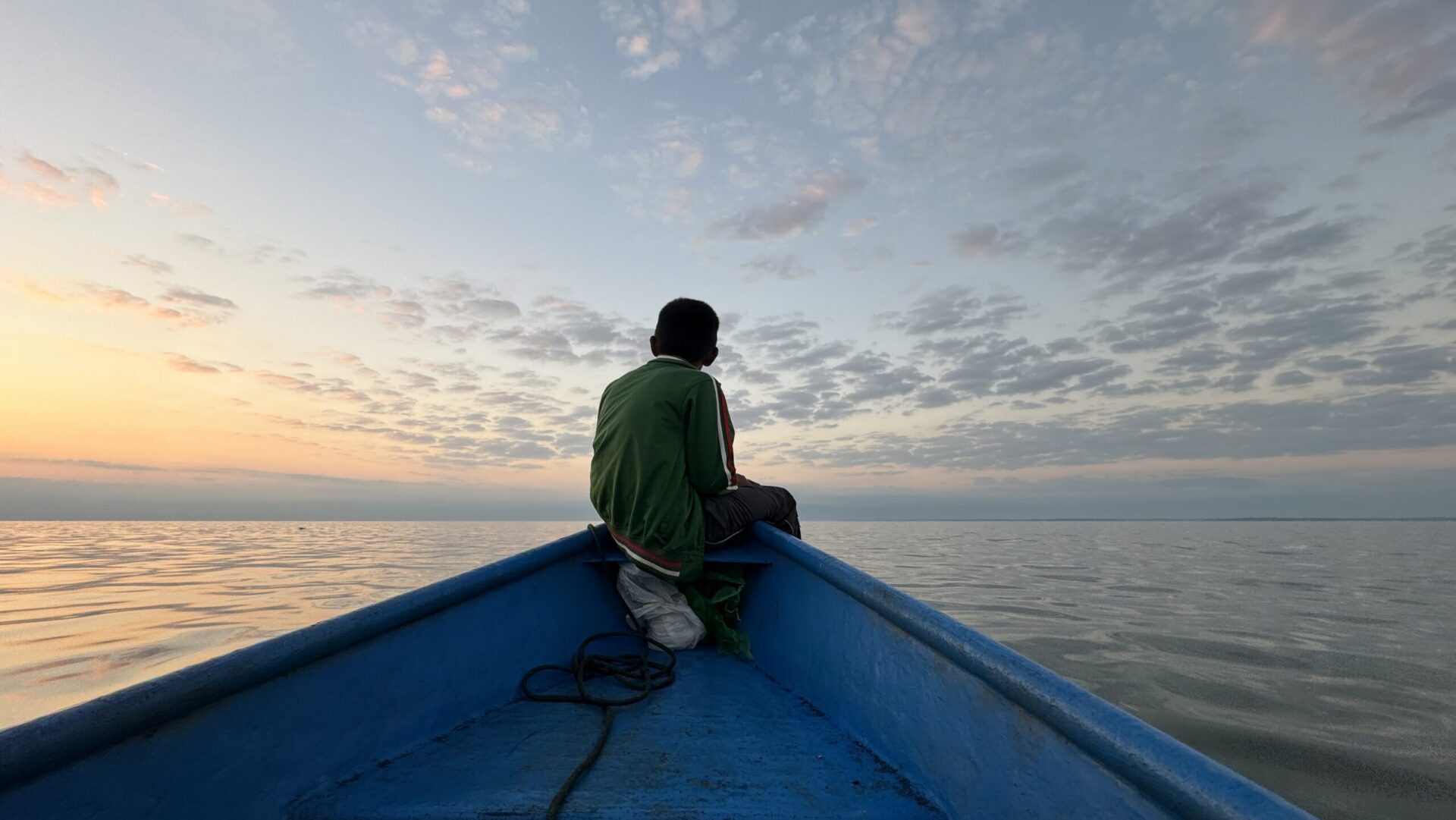Constitutional Court Ruling Leaves Judge Erika Aifán Open to Charges
On September 16, , the Constitutional Court rejected an injunction filed by high-risk court judge Erika Aifán, a ruling which leaves her open to charges. Last July the Institute of Appeals Court Judges requested that her immunity be removed in order to open a case against her alleging that she launched “illegal proceedings” against lawyers who were candidates for the Supreme Court and the Court of Appeals. She filed an injunction to stop the proceedings against her, and the Constitutional Court granted a provisional injunction in 2020. However, yesterday’s unanimous decision by the newly elected Constitutional Court to strike down the injunction strips Aifán of her immunity, meaning she could be removed from her position or even face prison time while investigations are underway.
According to UDEFEGUA, this is the latest move in “a process of breaking up the constitutional order in the country.” In a statement of solidarity, UDEFEGUA condemned the attack against Aifán who, “in her quality as a judge has raised important cases against criminal structures dedicated to the illicit financing of political parties, corruption, and impunity.” The US Department of State Awarded Aifán an International Woman of Courage Award this year, stating that “despite the strong opposition she has faced throughout her tenure . . . [she] has become an icon in Guatemala in the fight against corruption, efforts to increase transparency, and actions to improve independence in the justice sector.”
Public Ministry Removes Security of Three FECI Prosecutors
The Public Ministry, directed by Attorney General Consuelo Porras, on September 12 withdrew the security that had been provided to prosecutor Amy Mayra Lissette Girón Rodas and two other assistant prosecutors with the Special Prosecutor’s Office Against Impunity (FECI). A Public Ministry spokesperson told the Guatemalan newspaper La Hora that the security situation of the three prosecutors had been evaluated, and the security they had been provided was not consistent with their level of risk. Congresswoman Norma Torres, in response, tweeted, “Their brave work challenging corrupt interests has put them at great risk and their security must be taken seriously.”
Guatemala Extends Mandate for UN Human Rights Office
The mandate of the Office of the High Commissioner for Human Rights (OHCHR) in Guatemala has been extended for another year. In a tweet released this Monday, the OHCHR confirmed it will continue operating in Guatemala to promote human rights, collaborating with State entities, civil society and other actors. The OHCHR in Guatemala has in the past had a three-year mandate, but last year the Guatemalan government began granting a year-long renewal, a situation that complicates the office’s efforts to plan long-term work.
Guatemalans Hold Mass Mobilizations to Reject Independence Day Celebrations
Wednesday marked the 200-year anniversary of Central America’s independence from Spain. While the government held celebrations, spending Q66.5 million (more than $8.5 million), thousands of Guatemalans gathered across the country to protest the celebration. Two days earlier, the Campesino Development Committee (CODECA) had released a call to action, mobilizing citizens across the country to protest the Bicentennial. Thelma Cabrera, of CODECA, stated, “Today we are present fighting in the trenches in all the departments of Guatemala with the message of celebrating 200 years of calamity, corruption, looting and robbing here in Guatemala.” The indigenous-led protests spanned 11 departments and condemned the last 200 years of violence and oppression against Garifuna, Xinka, and Mayan peoples perpetrated by the state. Rejecting the current model, Indigenous Authorities called for a “Plurinational State” that recognizes the autonomy of indigenous communities within Guatemala. Students, human rights defenders, and campesinos joined in the protests, using the slogan “nothing to celebrate” and renewed the call for the resignation of President Giammattei and Attorney General Consuelo Porras.
Secretary of State Anthony Blinken released a statement conveying regards to the Central American nations celebrating and took the occasion to point out “historic inequities in the region” which require us to “build back better, generating more equitable economic opportunities.” He also pointedly referred to the political climate: “Most importantly, threats to democratic institutions and human rights in a number of Central American countries compel us to prioritize fortifying the essential principles of democracy: transparency, rule of law, equality, and respect for human rights. . . . . The United States stands with all those speaking truth to power, defending human rights, and strengthening democratic institutions against corruption and authoritarian tendencies across the region.”
Guatemala Becomes Fourth Most Deadly Country for Environmental Defenders
In 2020, thirteen environmental defenders were killed in Guatemala, according to Global Witness’ recently released report, “Last Line of Defense: The industries causing the climate crisis and attacks against land and environmental defenders.” Last year proved to be the deadliest year on record for defenders globally–with 227 killings, more than double the number in 2013–and the situation in Guatemala proved to be no exception. Compared to 2019, Guatemala saw in an increase in killings against defenders and moved from #6 on the list of countries with the most killings per capita to #4. According to Global Witness, on a global level, “In 2020 the disproportionate number of attacks against indigenous peoples continued once again–with over a third of all fatal attacks targeting indigenous people, despite only making up five percent of the world’s population.”
Historic Trial Against Soldiers Implicated in the Diario Militar Case Continues
Hearings in the Diario Militar case continued on September 13. Two retired soldiers, Gustavo Aldolfo Oliva and Victor Augusto Vásquez, face charges of forcibly disappearing four people and committing crimes against humanity against thirteen–including two children under the age of five. In previous hearings, on September 1 and 8, the defense argued that the accused could not stand trial due to their poor health. After a doctor’s examination, both were ruled fit for trial. Following the presentation of arguments from the prosecution and defense, Judge Miguel Ángel Gálvez suspended the hearing and announced that the ruling will be read on September 20.
Also known as the “Death Squad Diary,” the Diario Militar is a leaked collection of military intelligence and police records from 1983 through 1985, documenting the torture, disappearance, and murder of 183 presumed political opponents of the Guatemalan government. The documents were uncovered in 1999 and a trial was finally announced after the Inter-American Court of Human Rights ordered the Guatemalan government “to investigate and identify, prosecute, and sanction those responsible for the disappearances and other violations—and refrain from applying amnesty or other related laws undermining individual and State responsibility.” (An excellent summary of the case is here.) The trial against 12 implicated soldiers began this year.

